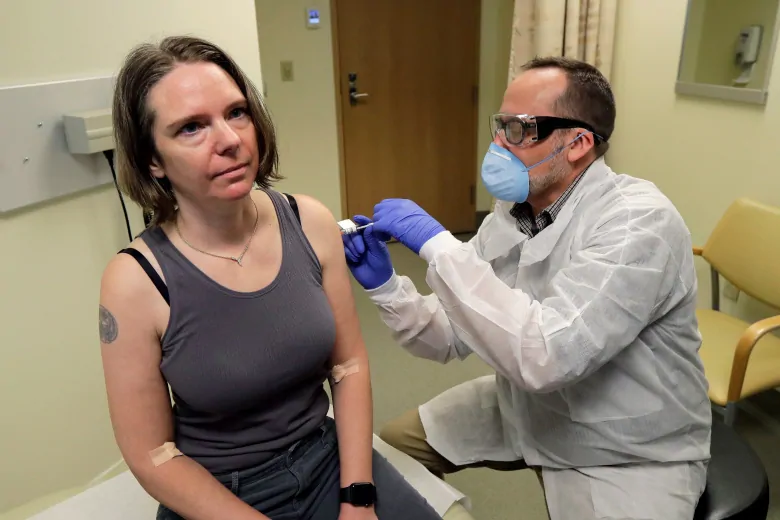Human challenge studies could help researchers develop a COVID-19 vaccine faster, but the approach is incredibly risky.
This is an excerpt from Second Opinion, a weekly roundup of eclectic and under-the-radar health and medical science news emailed to subscribers every Saturday morning. If you haven’t subscribed yet, you can do that by clicking here.
As researchers around the world race under immense pressure to develop a COVID-19 vaccine, a controversial approach could potentially help get them there faster — but it’s incredibly risky.
The process is known as a human challenge study, and it involves intentionally infecting willing volunteers with the coronavirus that causes COVID-19 in order to test the effectiveness of potential vaccines and treatments against it.
“These are very powerful studies that could make a difference, especially since we don’t know a lot about the novel coronavirus,” said Seema Shah, a medical ethicist at Northwestern University and Lurie Children’s Hospital of Chicago.
“They could clarify what’s happening in infections with people who are not symptomatic and people who have more severe disease — even if they don’t have underlying conditions that put them at higher risk.”
Shah said COVID-19 human challenge studies could also help identify people who have developed immunity to the coronavirus, while also helping to narrow down the growing list of potential vaccines and treatments for patients.

“If there were a couple of vaccine candidates that had gotten through safety testing and there was a question about which one of those vaccines was more likely to work, a human challenge study could be a quick way to pick the best vaccine of the candidates,” she said.
“It could also be useful to study whether the vaccine itself causes different kinds of harm.”
The WHO says any potential vaccine is still at least a year away, but human challenge trials could accelerate the process because of the time they save in the clinical trial phase.
Typically, researchers inject thousands of study participants with a vaccine or placebo and wait for symptoms to develop — an approach that can take months or years after vaccine development.
Human challenge studies instead vaccinate a small group of people and then intentionally infect them with the virus, saving critical research time, especially during a global pandemic.
But despite the potential benefits of a controlled human challenge study on COVID-19 patients, experts say the controversial appr

